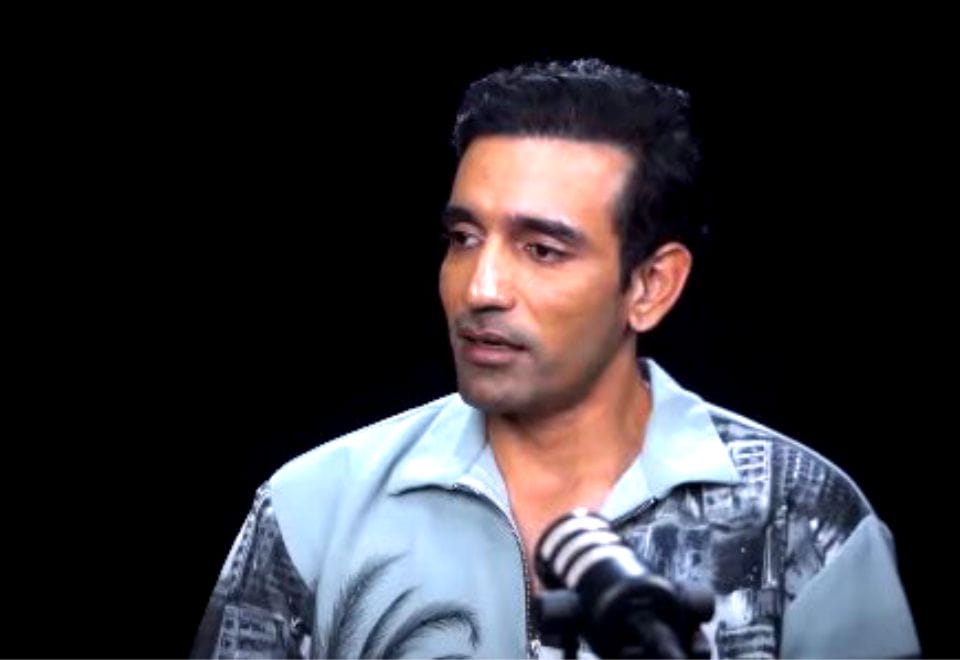Former Indian cricketer Robin Uthappa has made a startling revelation about the 2007 Cricket World Cup and the behavior of then-head coach Greg Chappell. Uthappa, who was part of the Indian team at the time, claims that after India’s early exit from the World Cup, Chappell frequently leaked news from the dressing room. This shocking statement sheds light on the troubled atmosphere within the team during that time.
Robin Uthappa Opens Up About the 2007 World Cup
Speaking candidly about the 2007 World Cup, Uthappa expressed his views on the reasons behind India’s failure to progress past the group stages. According to Uthappa, the team environment was far from ideal, and much of the blame could be attributed to Greg Chappell’s coaching methods.
Uthappa pointed out that Chappell, an Australian, had brought with him a distinctly Australian approach to coaching, which was at odds with Indian cricketing culture. This difference in coaching philosophy, Uthappa suggests, contributed to an unhealthy atmosphere within the team.
The Impact of Greg Chappell’s Coaching Philosophy
Uthappa didn’t hold back when discussing the negative impact of Chappell’s coaching style. He said that Chappell was heavily influenced by his Australian background and often stated, “This is how we do it in Australia.” However, Uthappa felt that Chappell had little respect for Indian culture and its cricketing traditions. The lack of harmony in the team was evident, and Uthappa believes that the coach’s approach was not in sync with the needs of the Indian players.
Furthermore, Uthappa revealed that Chappell had a troubling habit of leaking sensitive information from the team’s dressing room. This practice not only harmed the team’s morale but also created distrust among the players and staff.
The Fallout Between Greg Chappell and Sourav Ganguly
One of the most significant controversies of Chappell’s tenure as India’s head coach was his fallout with then-captain Sourav Ganguly. The two shared a strained relationship, which became widely known after Ganguly was removed as captain during Chappell’s tenure.
The rift between the two is believed to have had a severe impact on the team’s performance. The decision to sideline Ganguly, who was a key figure in Indian cricket at the time, was a highly contentious one. The tension between Chappell and Ganguly was a major talking point and added fuel to the fire of an already difficult period for Indian cricket.
The 2007 World Cup Disaster and Chappell’s Departure
The ultimate blow to Greg Chappell’s career as head coach of the Indian team came after the 2007 World Cup. India’s shock exit from the tournament in the group stages was considered one of the most embarrassing moments in Indian cricket history. The failure to make it past the initial rounds of the competition was a significant disappointment for both the players and the fans.
Following this debacle, Chappell resigned from his position as head coach. The aftermath of the World Cup saw a major overhaul in Indian cricket, and the team’s focus shifted toward rebuilding under new leadership.
Conclusion: A Legacy of Controversy
Greg Chappell’s tenure as India’s head coach was marked by controversy, internal conflicts, and a series of failed experiments. Robin Uthappa’s revelations about Chappell leaking dressing room information and his inability to connect with Indian players further highlight the challenges the team faced during this period.
The fallout from the 2007 World Cup failure and Chappell’s departure from the coaching role left a lasting impact on Indian cricket. Despite the controversies, the team eventually found success under new leadership, and Indian cricket began to recover from the turmoil caused by Chappell’s methods.
This new insight into the 2007 World Cup saga has provided cricket fans with a deeper understanding of the challenges that plagued the Indian team during one of the most tumultuous periods in its history.



